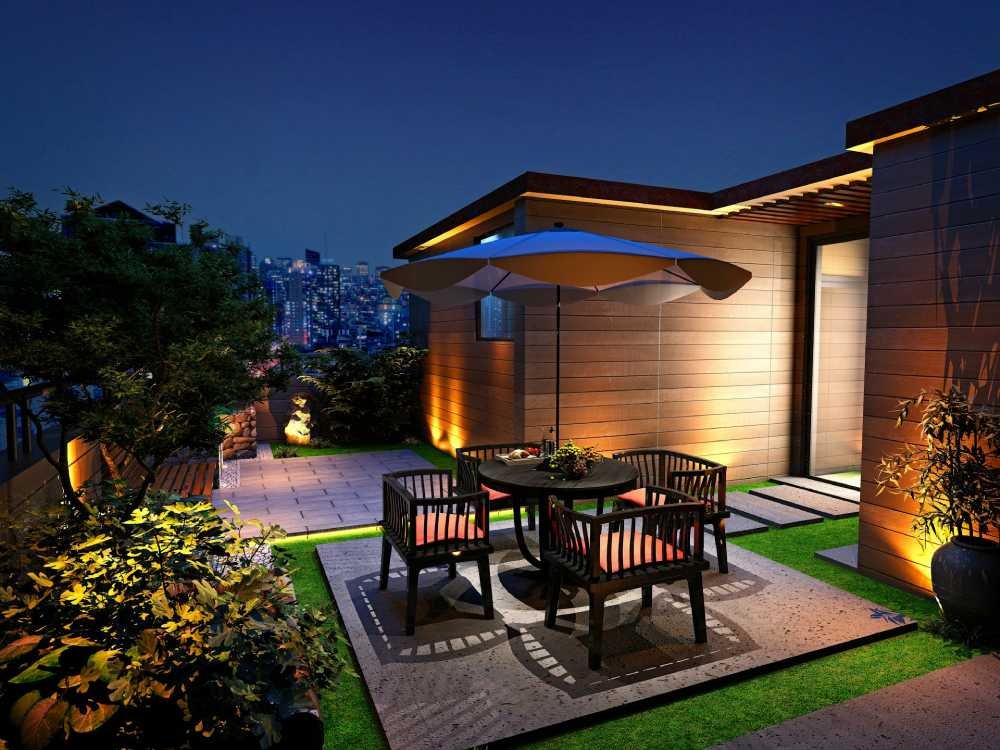Enhancing Your Outdoor Space: Essential Landscaping Tips
It doesn’t take a large investment or specialized skills to turn your outside space into a calm and useful environment. With the right tips, anyone can enhance their garden and create a picturesque environment.
This guide covers essential landscaping tips to help you achieve a stunning outdoor space, integrating sustainability and cost-effective methods. If you’re looking for regional inspiration, consider checking out options for affordable landscaping Norwood MA. Proper planning and mindful execution can make a significant difference in how your garden looks and feels.
Affordable landscaping in Norwood, MA, offers homeowners a chance to enhance their outdoor spaces without breaking the bank. Local services often provide creative solutions, such as native plant gardens and efficient lawn care, that promote sustainability and curb appeal. With a variety of budget-friendly options, residents can easily transform their yards into beautiful, inviting environments.
Contents
Planning Your Landscape
Before you start digging, it’s crucial to plan your landscape meticulously. Decide on the type of plants, the layout, and the overall design you want to achieve. Make a basic drawing of your garden’s plan first, making sure to include regions that will receive sunlight and shade.
Remember to factor in your region’s climate, as it will influence which plants will thrive. A well-thought-out plan can save you from costly mistakes and ensure that your efforts yield a cohesive, beautiful garden.
Choosing the Right Plants
Selecting the right plants is paramount to a thriving garden. Choose native plants since they are more resilient to local pests and illnesses and require less upkeep. Furthermore, native plants develop more robustly because they are better suited to the local climate.
For more tips on choosing plants, you can explore this resource. Native plants blend seamlessly with the local landscape and provide a habitat for local wildlife, thus promoting biodiversity in your garden.
Sustainable Landscaping Practices
Adopting sustainable practices can significantly reduce maintenance costs and benefit the environment. Implement rainwater harvesting to conserve water and use mulch to retain soil moisture.
Additionally, consider composting kitchen scraps and garden waste to create organic fertilizer for your plants. Sustainable landscaping not only reduces your ecological footprint but also creates a healthier environment for your plants to thrive in.
Cost-Effective Landscaping Techniques
Landscaping doesn’t have to break the bank. Reuse existing materials, such as stones and bricks, and consider buying second-hand tools.
Additionally, perennial plants may be pricier upfront but save money in the long run as they return each year. Start with a small area and gradually expand as your budget allows. Frugal landscaping practices enable you to create a beautiful garden without financial strain.
Incorporating Hardscape Elements
Hardscape features such as patios, walkways, and garden beds enhance the visual appeal and usefulness of your garden. Make use of materials that go well with the exterior of your house and your plants.
Stone pathways, wooden garden beds, and brick patios are popular options. Your garden gains structure from hardscaping, which improves its use and makes it a more pleasant place to spend time.
Regular Maintenance Tips
Maintaining your landscape is essential for its longevity. Regularly weed your garden, prune plants to promote growth, and check for pests. Adequate watering, especially in hot weather, will keep your plants healthy.
For a thorough maintenance guide, Better Homes & Gardens offers extensive tips and advice. Consistent maintenance helps prevent minor issues from becoming major problems, keeping your garden looking its best year-round.
Utilizing Technology in Your Garden
Technology can simplify many landscaping tasks. Use garden planning apps to visualize your garden design, automated irrigation systems to ensure consistent watering, and solar-powered garden lights to illuminate pathways.
These tools not only save time but can also increase the efficiency of your landscaping efforts. Embracing technology can make gardening easier and more enjoyable, even for those who may not have a green thumb.
Enlisting Professional Help
While DIY landscaping can be fulfilling, there might be instances where professional help is needed. Don’t hesitate to consult a landscaper for complex designs or when dealing with large areas. Their expertise can prevent costly mistakes and ensure your landscape thrives. Professional landscapers can provide insights and solutions that you may not have considered, ensuring that your garden reaches its full potential.
Conclusion
By following these essential landscaping tips, you can create and maintain an attractive and sustainable outdoor space. From planning and plant selection to incorporating technology and seeking professional advice, these strategies will help you achieve a garden that complements your home beautifully.
With patience and creativity, your outdoor space can become a stunning retreat. Transforming your garden into a beautiful and functional area is not only a rewarding endeavor but also adds value to your property and enhances your quality of life.
Additionally, consider implementing eco-friendly practices to further enhance the sustainability of your landscape. Techniques such as rainwater harvesting, composting, and using organic fertilizers can minimize your environmental impact while promoting healthy plant growth.
By creating a vibrant ecosystem in your garden, you’ll attract beneficial wildlife, reduce maintenance costs, and enjoy a thriving outdoor space that reflects your commitment to environmental stewardship.

